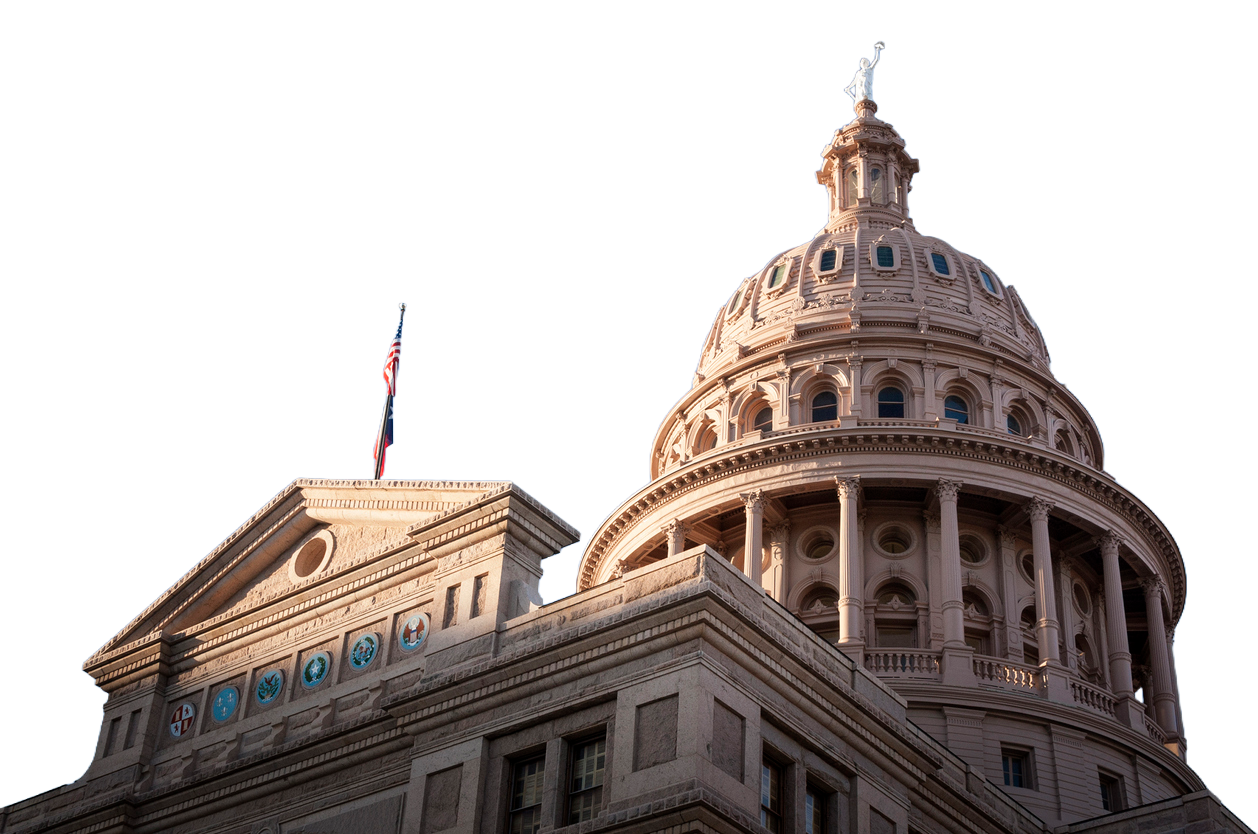TNP’s 2023 Legislative Agenda
- Retiring Delegation Requirements, Expanding Access for Patients (SB 1700): TNP supports legislation that would allow NPs to practice to the full extent of their training and education, remove the mandate for costly and burdensome delegation agreements with physicians, and place NPs under the exclusive regulatory authority of the Texas Board of Nursing (BON). A state regulatory system that allows patients full and direct access to all the services NPs are educated and trained to provide will best position the state to address our current and future health care workforce needs, especially in rural and underserved areas.
- Scheduled II Prescriptive Authority (HB 1190): TNP supports legislation that would ensure adequate prescriptive authority for NPs and extend delegated Schedule II prescriptive authority to all NPs, regardless of practice setting or specialty. Texas is only one of a handful of states that does not extend Schedule II prescriptive authority to NPs, and such restrictions harm their ability to treat patients with mental health conditions, cancer, chronic disease, and other illnesses in a variety of practice settings. It also prevents hospital-based NPs from being able to write timely discharge prescriptions for their patients, contributing to delays in care and increased costs for hospitals.
- APRN Representation in the Texas Board of Nursing (HB 2635/SB 1343): The number of NPs has tripled over the last decade and is a growing role under the BON’s jurisdiction. In response to this growth, TNP supports legislation that would increase the number of APRNs serving on the Board of the Texas BON. We also support legislation that would ensure peer review for APRNs for any complaints involving standard of care issues, which would help maintain the highest clinical standard for APRN care while also promoting a just culture and fair disciplinary process for APRN licensees.
- Board Procedures for Complaints Against Health Care Providers (HB 724/SB 161): This bill would require regulatory agencies to refer any complaints for a licensed individual to the appropriate board of jurisdiction. For example, if a complaint against an APRN were submitted to the Texas Medical Board (TMB), the TMB would be required to refer this complaint to the Texas Board of Nursing.
- Nursing Education/Graduate Nursing Education (SB 25): TNP supports legislation to increase current funding for nursing and graduate nursing education funding in Texas, including the Nursing Shortage Reduction Program, the Nursing Faculty Loan Repayment Program, and the Nursing Innovation Grant Program.


